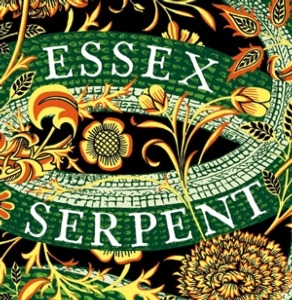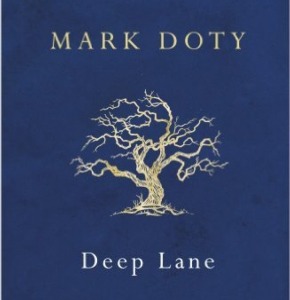"If I were a French writer, I wouldn't bother to write or publish anything but just read things off the walls," the young Joseph Roth wrote to his editor at the Frankfurter Zeitung on May 16, 1925, heady with excitement in the early days of his stay in Paris. The city enchanted Roth, who compared its colour and élan unfavourably with the "grey childhood in grey towns" he had left behind in his native Germany. This report was one of the first of many which he filed over the years back to the German press, and this wonderful collection, beautifully translated by Michael Hoffman who also provides a timely introduction makes an ideal book for a long journey or bedside table. These short, impressionistic pieces, few more than four pages long, are wholly alive to the scenes, smells (particularly the smells) and social rituals of urban Paris in the 1920s and 1930s, as well as many other towns and cities which Roth subsequently visited in the south of France.
The book is divided into sections, each dealing with a particular period and mood in Roth's intense life in exile, starting with those early Parisian 'First Impressions', dwelling at even greater length on his writings about 'The Midi' and then 'The White Cities' , ultimately concluding in a much darker mood with reports such as 'In the Bistro After Midnight', written during the events of Kristallnacht in Hitler's Germany. Roth arrived in Paris in 1925, and died there, principally from the effects of alcoholism, on May 27th, 1939, a tragic death which nevertheless spared him from witnessing the political catastrophe which was yet to unfold.
What was it about France at this time that attracted Roth? While he loved the street life and found the political discussions he had in the cafes informed and witty, it was, paradoxically for a left-wing German Jew, the perceived universalism, even cosmopolitanism, of the Catholic Church that intrigued him. The apparent theological laxity of Catholicism, especially in its Mediterranean setting, was impressive. Nothing seemed too serious, or moralistic to interfere with everyday life: in the south the only true god was the sun. Later on, however, in a short essay on European history, he notes a time when "the shadow of the crucifix falls over the centuries". It is said that following his death he had two funerals: one Jewish, one Catholic.
In the mixture of peoples and races which had settled and learned to live alongside each other in the Mediterranean ports, Roth saw a utopian vision of the future in which race, religion and national identities withered away in the face of an architecture and climate that made human happiness fully realisable. The one problem was the ritual of the bullfight, which he felt turned men and women temporarily into beasts and in that ritual he caught a glimpse of the latent savagery that lurked within even the most polite and self-conscious of people.
From time to time he comments on the work of particular French writers, though strangely there is no mention of Cezanne, Van Gogh, Matisse, Leger, Picasso or any other artists indelibly associated with The Midi. Roth praises the work of Daudet, but reserves his fullest admiration for Zola, "the first writer to do without a desk as an object of inspiration, the first novelist with a notebook." He loathed authors who were 'chronically deskbound', and thought that the writer's vocation involved spending as much time as possible watching, talking to, and listening to ordinary people. While his hotel room and bistro lifestyle did wonders for his subject matter, it eventually took its toll on his health and psyche.
The literary sketch remains a poor relation to the novel. Yet in the 20th century writers as various as Virginia Woolf, Jan Neruda, George Orwell, Karel Capek and Langston Hughes all offered us glimpses into places and moments in time, which reveal an attentiveness to lived experience too often denied in conventional fiction. When you read Roth's reports, you are there in those streets and cities with him, and the effect is immediate and lasting. An exceptional book.

